First Hacktivist Protest? Oberlin College Anti-Apartheid Computer Shutdown in 1984
A Xerox Corp Sigma 9, similar to the one at Oberlin College, source: Wikipedia
People say there’s nothing new on Earth and certainly when it comes to hacking and hacktivism someone did whatever it is you are thinking of before you think anyone did.
To understand the background of this story we need to understand apartheid in South Africa, the system of racial segregation put in place and maintained by successive white governments from 1948 through to 1994.
People in South Africa were given racial classifications and their legal rights, ability to move freely, employment opportunities and education were all dependent on this classification.
Millions of Black Africans in South Africa were stripped of their South African citizenship and forced from their homes into what the South African governments called “tribal homelands”, with over 80% of the nation’s land set aside for the white minority to hold.
As time went on more and more people around the world began to protest against the inhumanity and cruelty of apartheid, and pursued boycotts and demands for economic divestment to pressure the South African government to abandon the apartheid system.
Anti-apartheid poster used during the November 1984 demonstration against South African investment, Oberlin College
I came across the story of the 1984 Oberlin anti-apartheid campus protests that took on a hacktivist element when I read through some back issues of Computerworld magazine, while doing some research on another topic.
First though I want to stress that the part of the wider protest that involved school computer resources was not the main protest, which revolved around traditional peaceful protest tactics.
In November of 1984 Oberlin College held a board of trustees meeting, around 300 students protesting against the college holding millions of dollars in stock in companies that were based in South Africa lined the entry ways to the Mudd Library where the meeting was being held.
A much smaller group of students decided that they would take their protest to the school’s computer systems.
“Demonstration against South African investment, Oberlin College”, Thursday November 22, 1984, Oberlin College Archives
The December 17th Computerworld magazine article “System used in protest” by Donna Raimondi states that Student Coalition Against Apartheid “activists here tried but failed to overload the campus computer system to bring attention to their demands that Oberlin College divest itself of stock in South African companies” and describes this as a “futile attempt”.
“Students try to overload computers”, Associated Press, 2nd of December, 1984
John Harvith, Oberlin College’s public relations office representative is quoted as saying that “student organization got together to determine how to protest, and the organization as a whole decided not to use computers to do it” and that a smaller splinter group of activists numbering between 4 (his estimate) and 12 (as listed in the Rotunda article below) students tried to overload the college’s Sigma 9 computer system.
The group of students simultaneously sat at terminals and ran tasks that they believed would eat system resources, in this regard they were an early example of what I call a “voluntary human botnet”, people coordinating performing a manual denial of service attack. Some of the students also ran print job loops that caused college printers to keep “spewing out garbage printouts”, this is similar to so called “black fax” tactics used in the 90s to run through fax machine ink while also tying up the attached phone line.
The Associated Press covered the protest as well, and noted that “students also began checking out and returning armloads of books in an attempt to shut down a library computer.” Associated Press noted though that “although about 1,500 books were checked out, compared with a normal 200 to 300, the computer system was not affected”, once again according to John Harvith, from Oberlin College’s public relations office.
Longwood College’s The Rotunda newspaper, from January 22nd 1985, includes details of anti-apartheid student protests across the U.S. that ramped up in the winter of 1984 and it includes a mention of the Oberlin College computer tactics.
And in a somewhat more radical tactic, 12 members of Oberlin College’s Student Coalition Against Apartheid tried unsuccessfully to shut down the campus computer system and hold it hostage until the school sold off its $30 million in South African-tied companies.
Student Anti-Apartheid Groups Organize, David Gaede, The Rotunda, January 22nd, 1985
Regardless of how well planned or organized the hacktivist element of the wider protest might have been, people certainly paid attention.
While the attempt to shut down the Sigma 9 computer at Oberlin as part of the anti-apartheid protest in 1984 may have failed, Oberlin did eventually divest from South African investments in line with student activist demands after a sit in protest by hundreds of students that lasted 3 days in 1987.
Archbishop Desmond Tutu after his visit to Oberlin College, Toledo Blade, 26th of May, 1987
One thing I noticed in all of the mainstream media coverage of the protest was that Oberlin College representatives were at great pains to point out that the protest had been entirely ineffective, that they were able to catch the activity happening and that they took swift action to prevent it impacting computing resources. The articles themselves use words like “futile”.
I wonder if this was as much to discourage other, potentially more technical students, replicating the tactics of the protest in a more successful fashion than it was to simply report that the goals of this particular protest had not been achieved.
If you know of similar protests that involved computers in the 80s I’d love to hear about them, I’m sure it will turn out that there were events that pre-date this one.
#1980s #1984 #antiApartheid #apartheid #AssociatedPress #Basic #blackFax #College #computer #Computerworld #DesmondTutu #divestment #DonnaRaimondi #hacktivism #humanBotnet #LongwoodCollege #magazine #newspaper #Oberlin #OberlinCollege #Ohio #protest #Rotundda #sitIn #SouthAfrica #StudentCoalitionAgainstApartheid

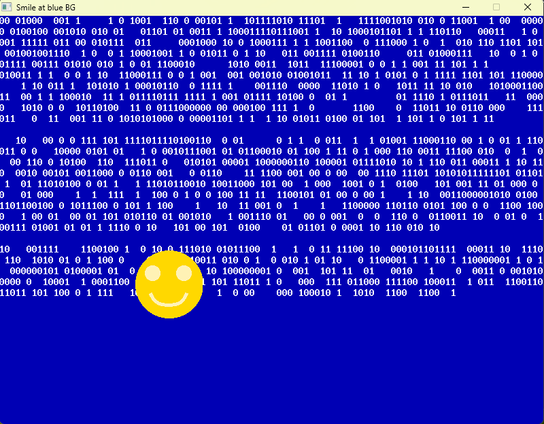
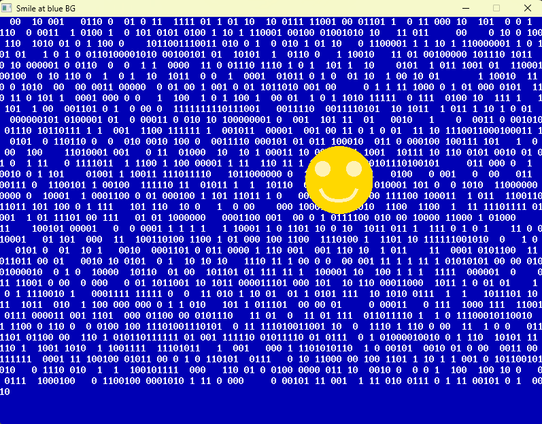
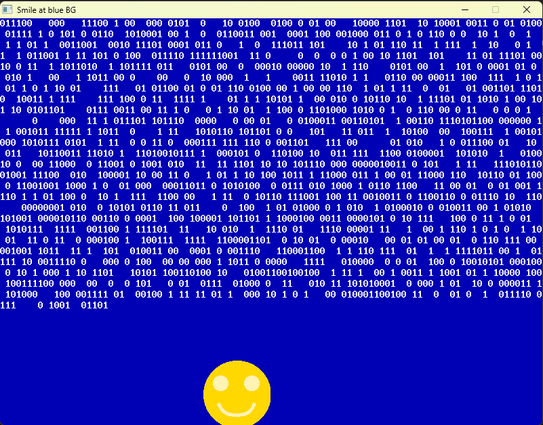
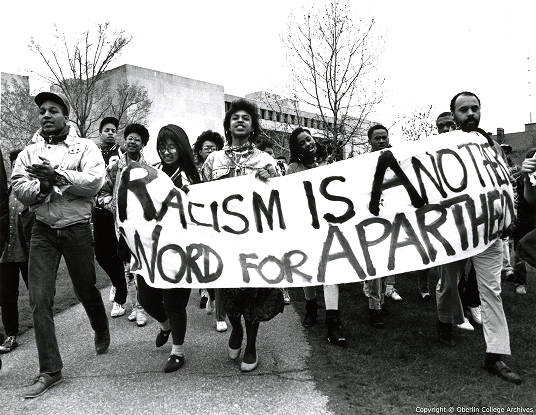
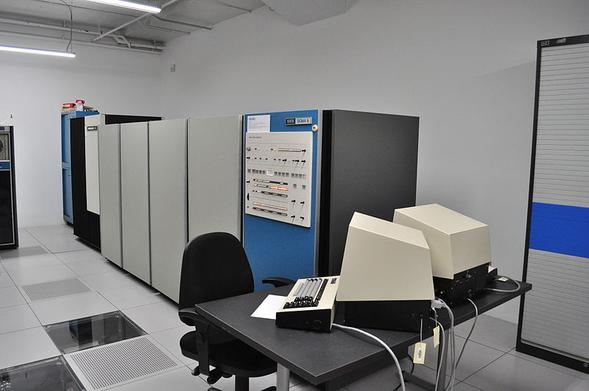
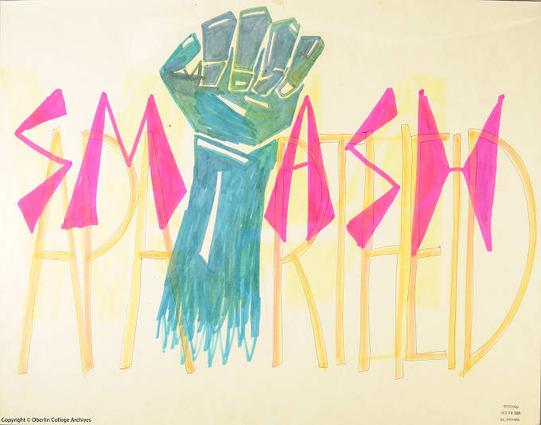



 Mike Amundsen
Mike Amundsen